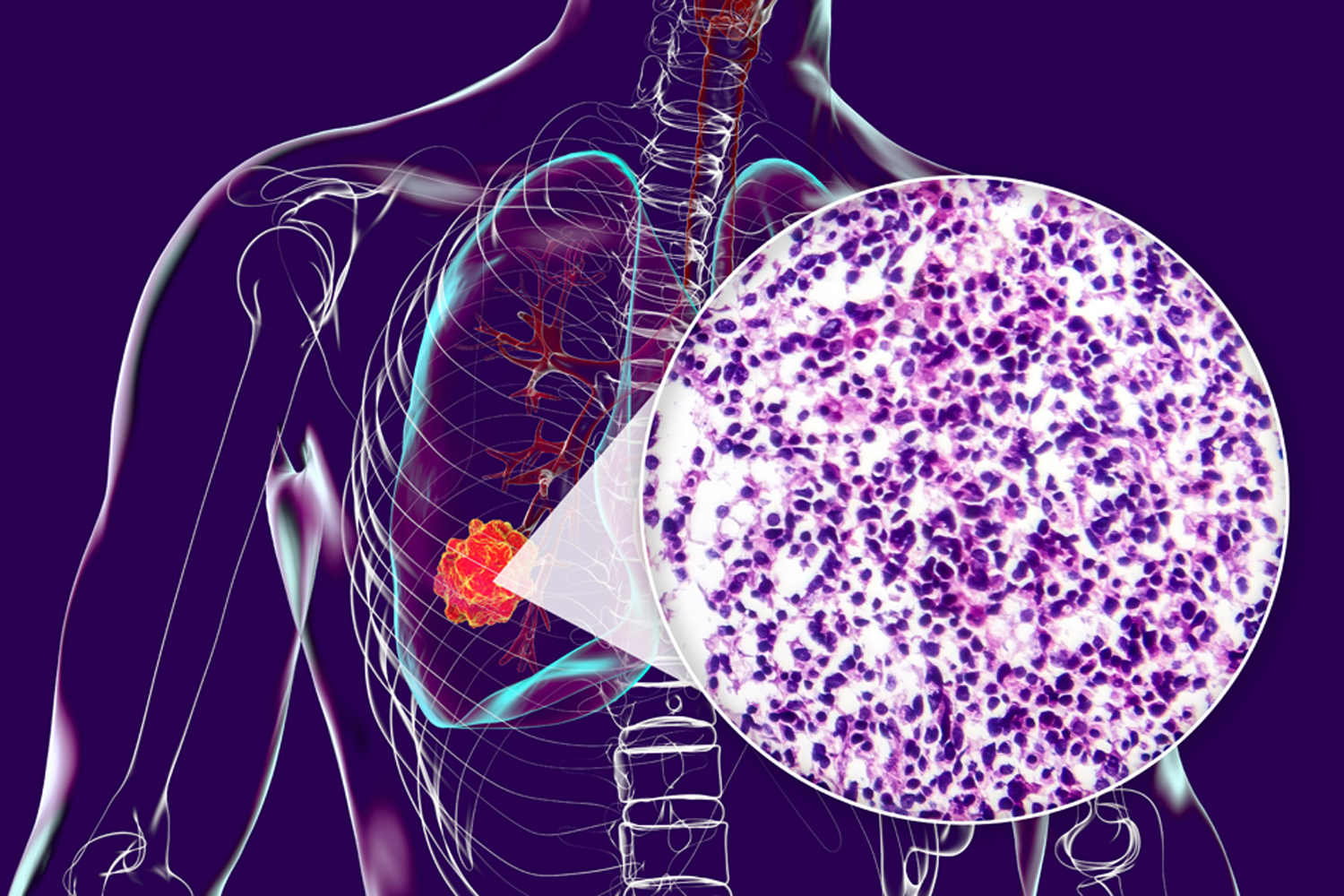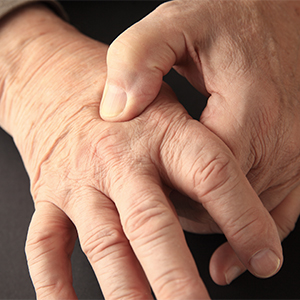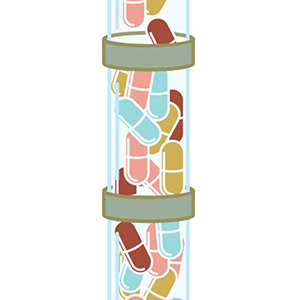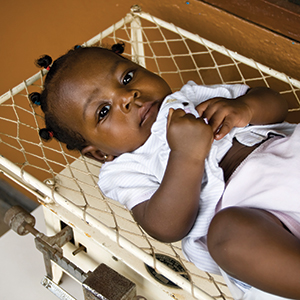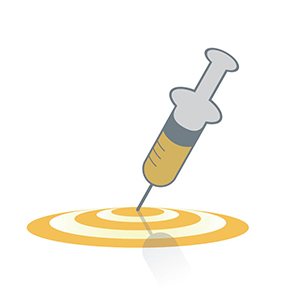-
Forward Look
Striking a NerveDoctors are trying to find new ways to treat the painful tingling and numbness caused by cancer treatments.
by Cameron Walker
-
A Clear Vision
Asking the right questions can help patients living with metastatic cancer understand the risks and benefits of recommended treatments and formulate their goals more effectively.
by Charlotte Huff
-
More Than a Signature
The informed consent process is designed to ensure that patients understand risks. But new advances involved in genetic testing and tissue donation may make signing on the dotted line more complex than ever.
by Stephen Ornes
-
Forward Look
Fueling the Pediatric Cancer PipelineNew efforts are needed to push the pace of drug development.
by Leah Lawrence
-
Forward Look
It Takes a VillageImproving pediatric cancer care in developing countries
by Leah Lawrence
-
Forward Look
Identifying the Unexpected Risks of Targeted TherapyDrugs designed to single out cancer cells also may have side effects.
by Melissa Weber
-
Forward Look
Get Smart About Smartphone Cancer AppsStudy shows reasons to be skeptical about medical apps.
by Stephen Ornes
-
When Less Is More
Studies are finding that aggressive treatment, such as extensive surgery, radiation or chemotherapy, is not always necessary for cancer patients to get good results.
by Alexandra Goho
-
No Through Road
Cancer cells are able to find new pathways around targeted therapies. Scientists are racing to get there first.
by Sue Rochman
-
Healthy Habits
It Takes All KindsA variety of vegetables and fruit can help reduce your cancer risk
by Marci A. Landsmann
Cancer Talk
Treatment Combination Improves Survival in EGFR-positive Lung Cancer
Adding chemotherapy to targeted therapy improves outcomes for people with advanced EGFR-positive non-small cell lung cancer.
by Sandra Gordon
Lessons From 20 Years Living With CancerMultiple myeloma survivor Jonathan Gluck reflects on uncertainty, and the scientific progress that has kept him living with cancer for more than two decades.
by Eric Fitzsimmons
The Enduring Importance of Cancer Disparities ResearchOpening session from AACR conference highlights how perseverance and adversity have informed cancer disparities research over the years.
by Eric Fitzsimmons
Most Cancer Survivors Don’t Meet Healthy Diet GoalsDespite research linking fruits and vegetables to cancer survival, many people do not change their eating habits after diagnosis.
by Darlene Dobkowski

